UK Clinical Neuropsychology
Cognitive Behavioural Therapy (CBT)
Cognitive Behavioural Therapy (CBT)
Cognitive Behavioural Therapy (CBT) helps people to recognise the relationship between thoughts, emotions, associated physical feelings and behaviour (or actions) and how links between these maintain distress. People are supported to challenge negative thinking patterns and to make positive changes in their actions so as to manage emotions better.
CBT is used for managing a range of psychological problems that can accompany brain injury including:
-
- Depression
- Anxiety
- Obsessive compulsive disorder
- Phobias
- Difficulties with sleep
- Fatigue
- Drug or alcohol problems
- Eating disorders
- Post traumatic stress disorder
By comparison with other therapies, CBT is:
-
- Current focused – It is focused on what factors are maintaining problems in the here and now rather than attempting to find the cause of problems in past difficult experiences, such as what might have happened in childhood.
-
- Collaborative – the therapist works alongside the person to identify goals, and useful strategies as opposed to telling them what to do.
-
- Highly structured –The focus of therapy sessions is on determining clear goals that are worked on in therapy. It is typical for exercises to be set that are completed between therapy sessions.
Motivational Interviewing
Motivational Interviewing is an approach that is sometimes used as a part of CBT. It aims to help people find the motivation to make positive changes in behaviour. It is particularly useful for people who have mixed feelings, such as wanting to make a change but not feeling ready for change.
Cognitive Behavioural Therapy (CBT) helps people to recognise the relationship between thoughts, emotions, associated physical feelings and behaviour (or actions) and how links between these maintain distress. People are supported to challenge negative thinking patterns and to make positive changes in their actions so as to manage emotions better.
CBT is used for managing a range of psychological problems that can accompany brain injury including:
-
- Depression
- Anxiety
- Obsessive compulsive disorder
- Phobias
- Difficulties with sleep
- Fatigue
- Drug or alcohol problems
- Eating disorders
- Post traumatic stress disorder
By comparison with other therapies, CBT is:
-
- Current focused – It is focused on what factors are maintaining problems in the here and now rather than attempting to find the cause of problems in past difficult experiences, such as what might have happened in childhood.
-
- Collaborative – the therapist works alongside the person to identify goals, and useful strategies as opposed to telling them what to do.
-
- Highly structured –The focus of therapy sessions is on determining clear goals that are worked on in therapy. It is typical for exercises to be set that are completed between therapy sessions.
Motivational Interviewing
Motivational Interviewing is an approach that is sometimes used as a part of CBT. It aims to help people find the motivation to make positive changes in behaviour. It is particularly useful for people who have mixed feelings, such as wanting to make a change but not feeling ready for change.

